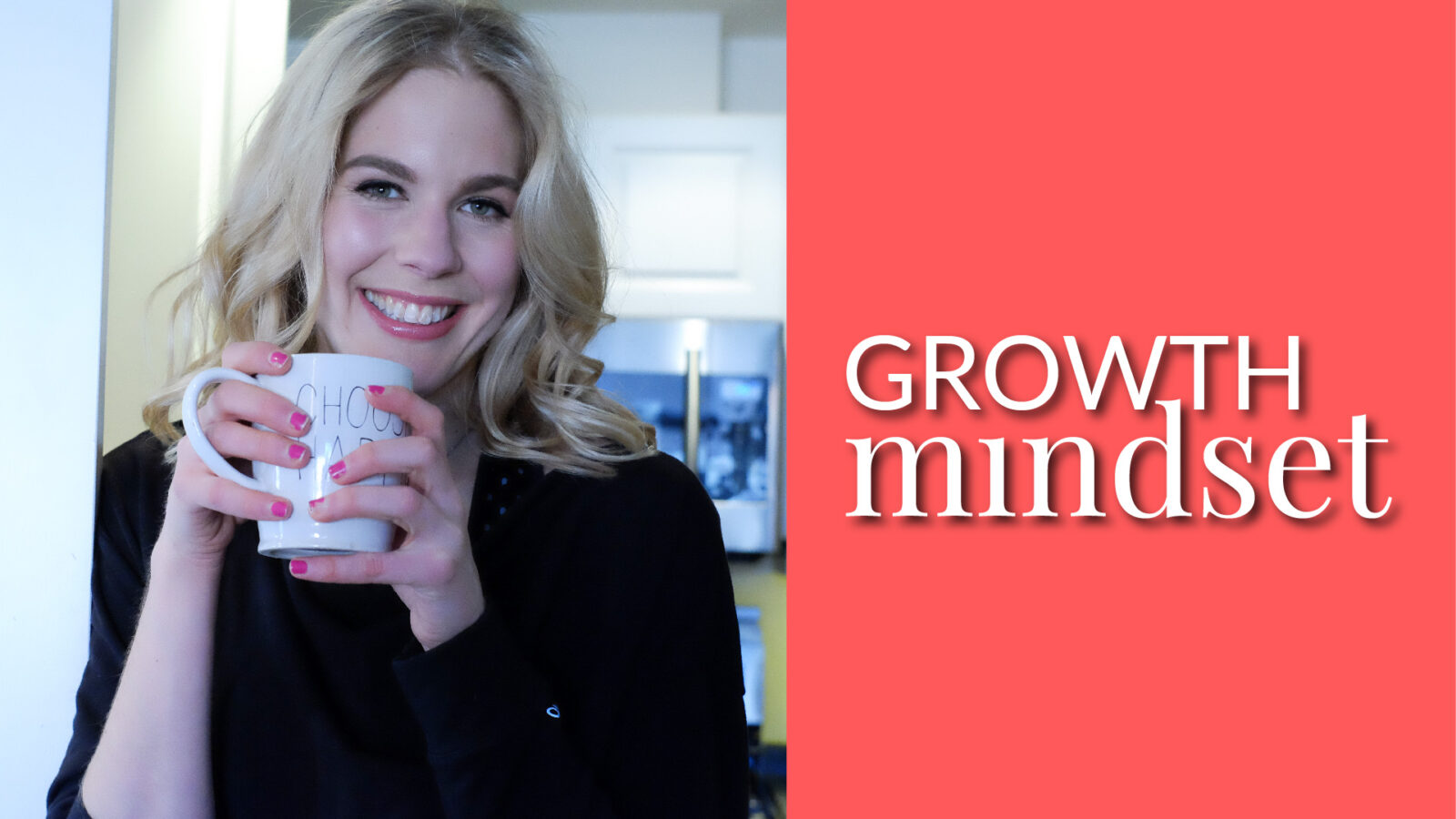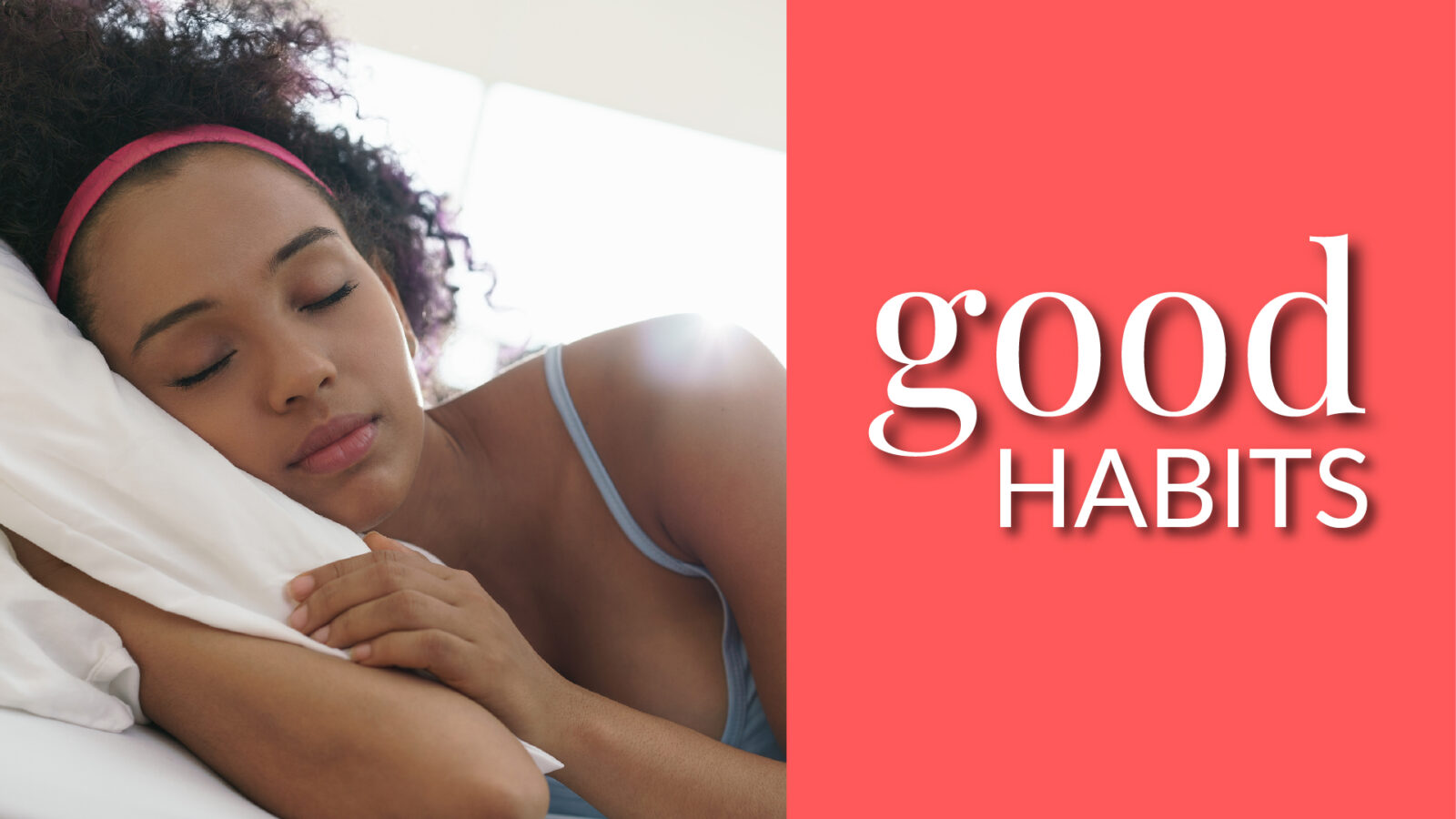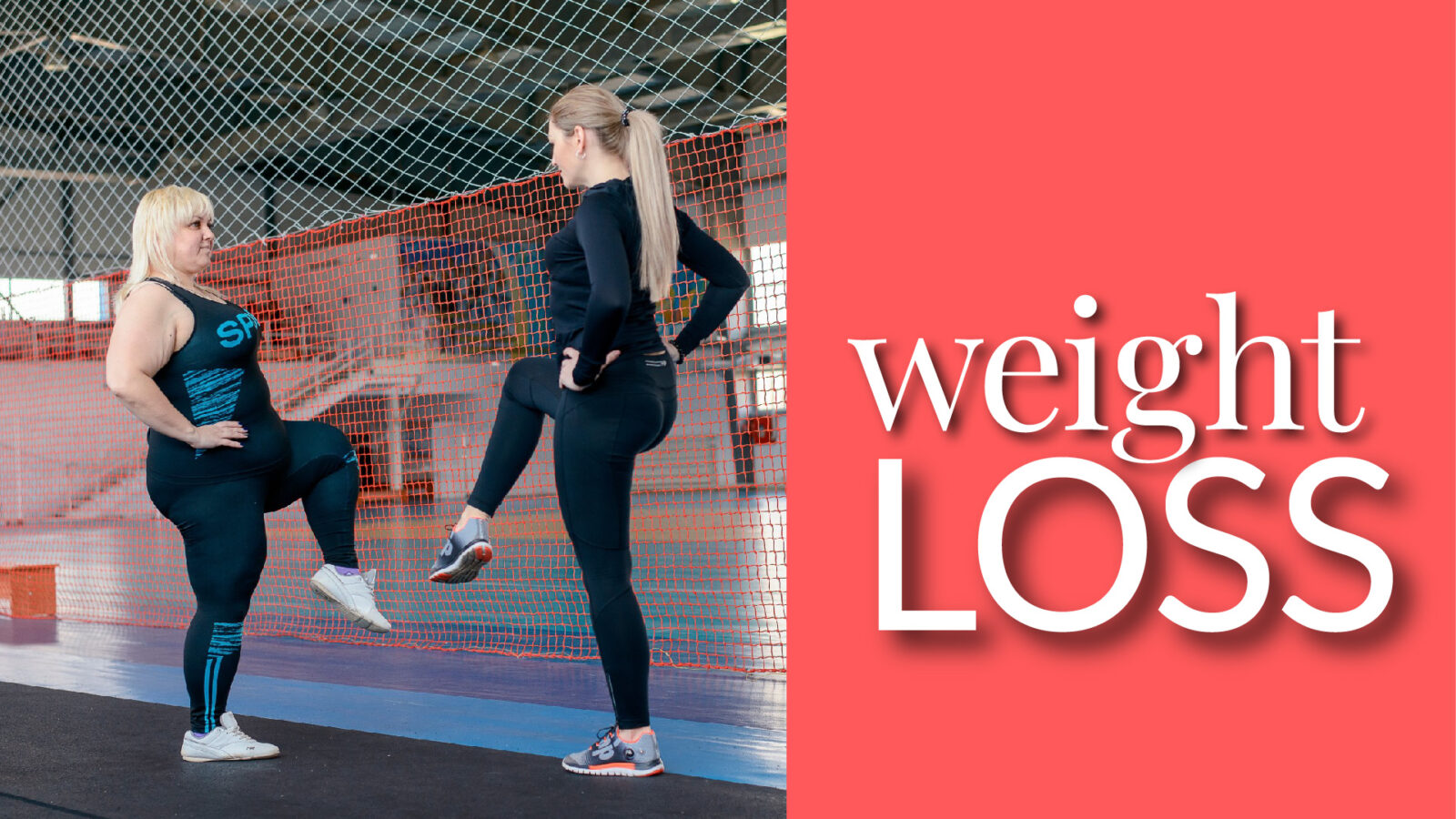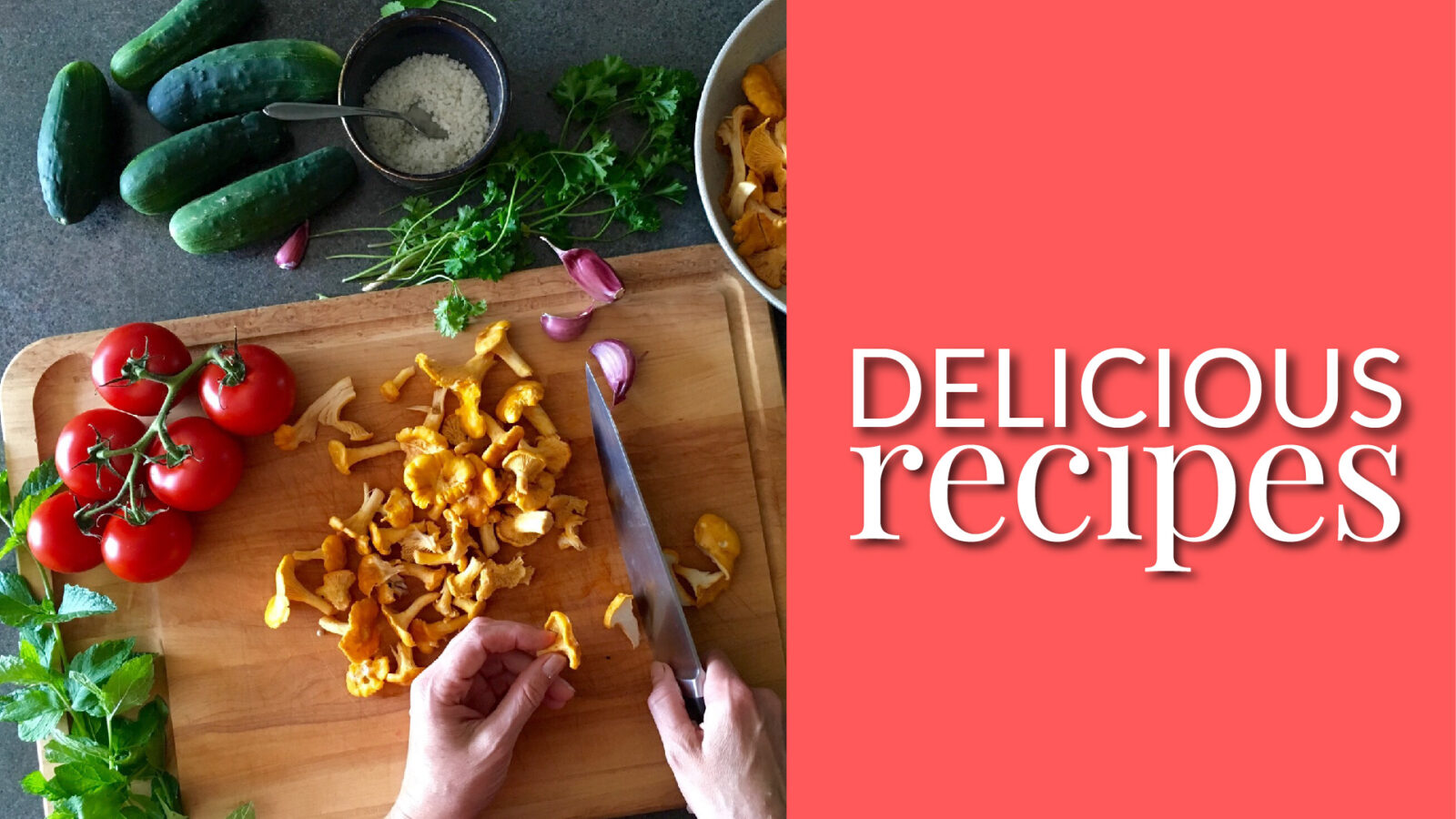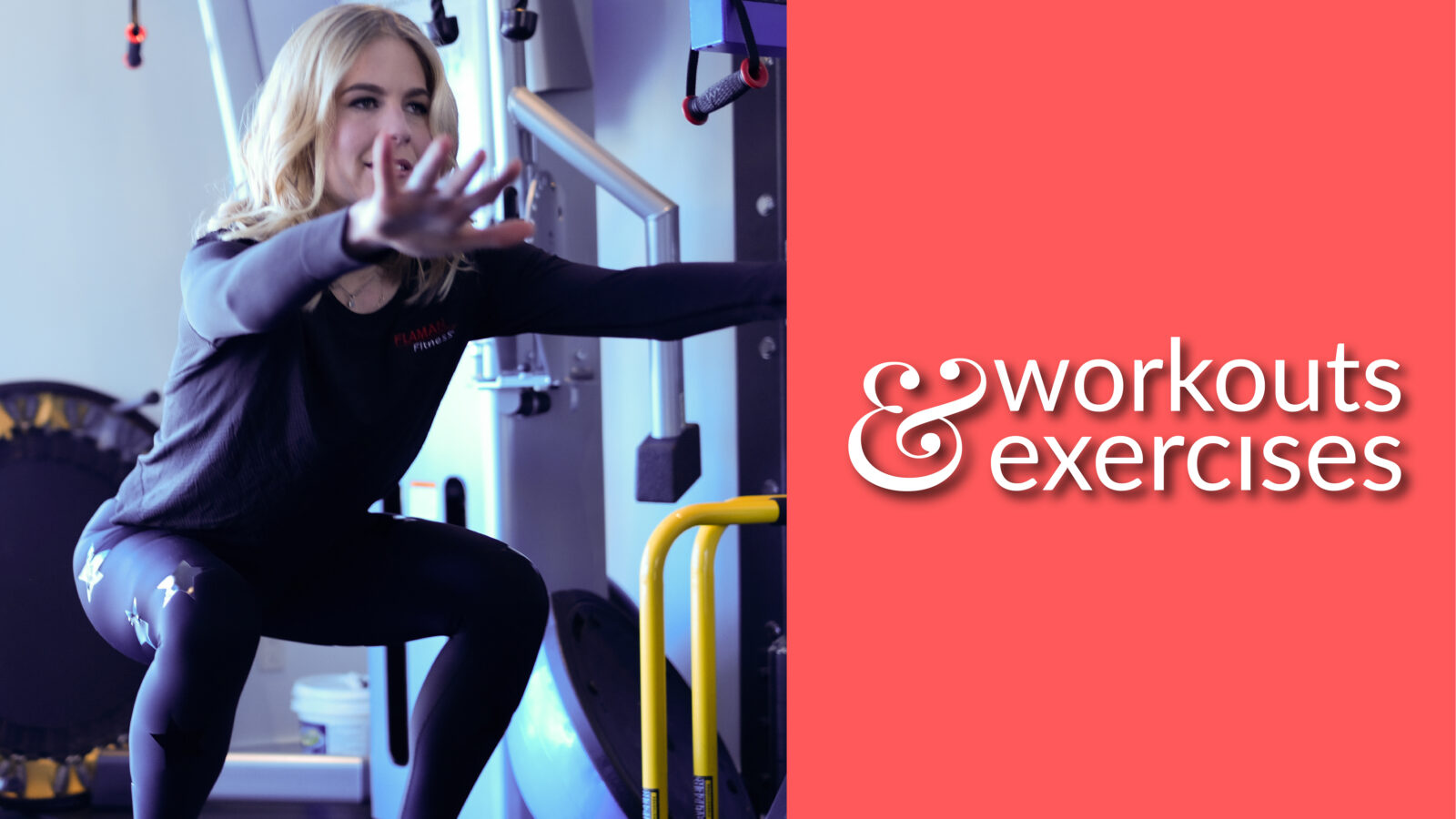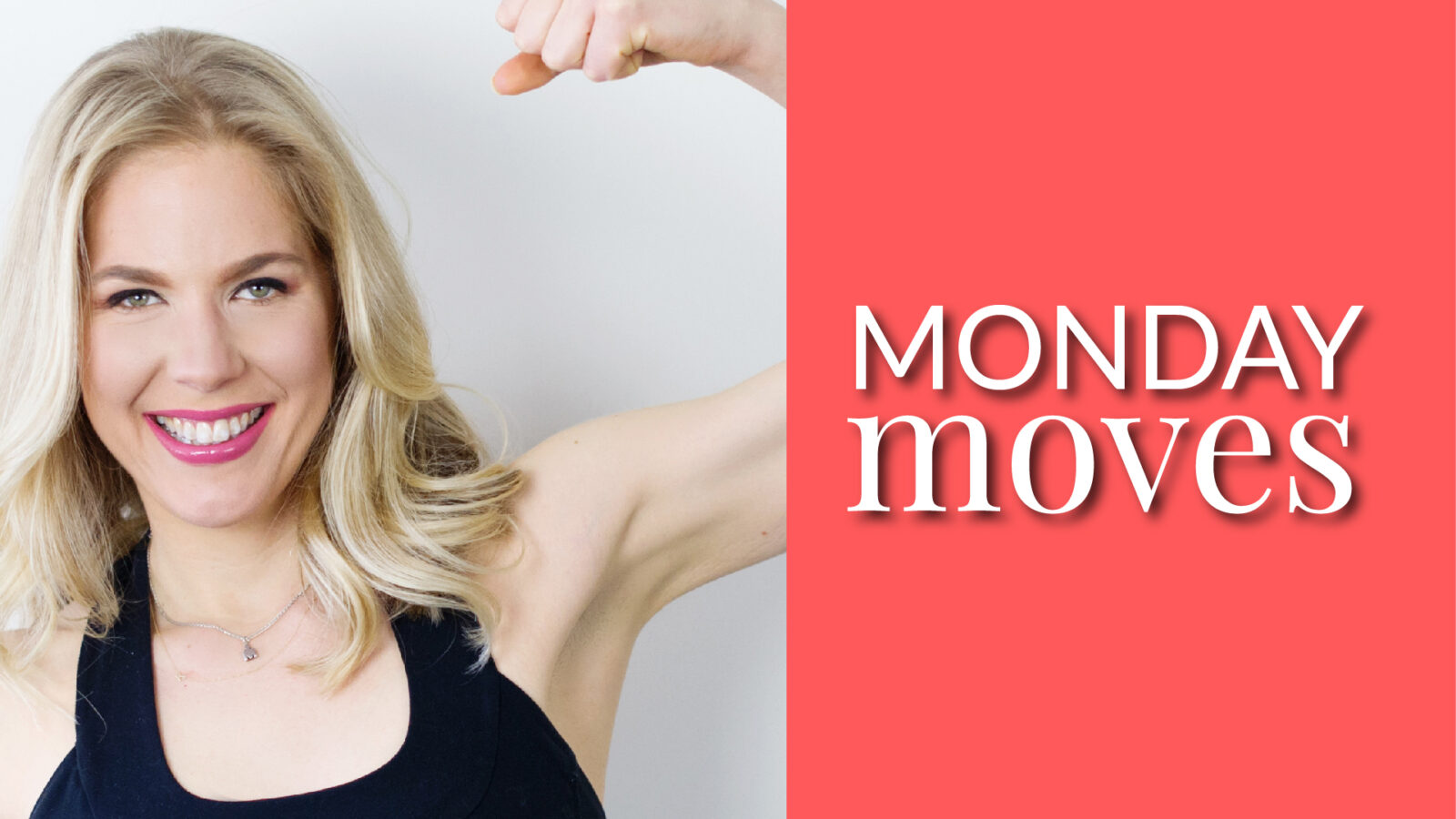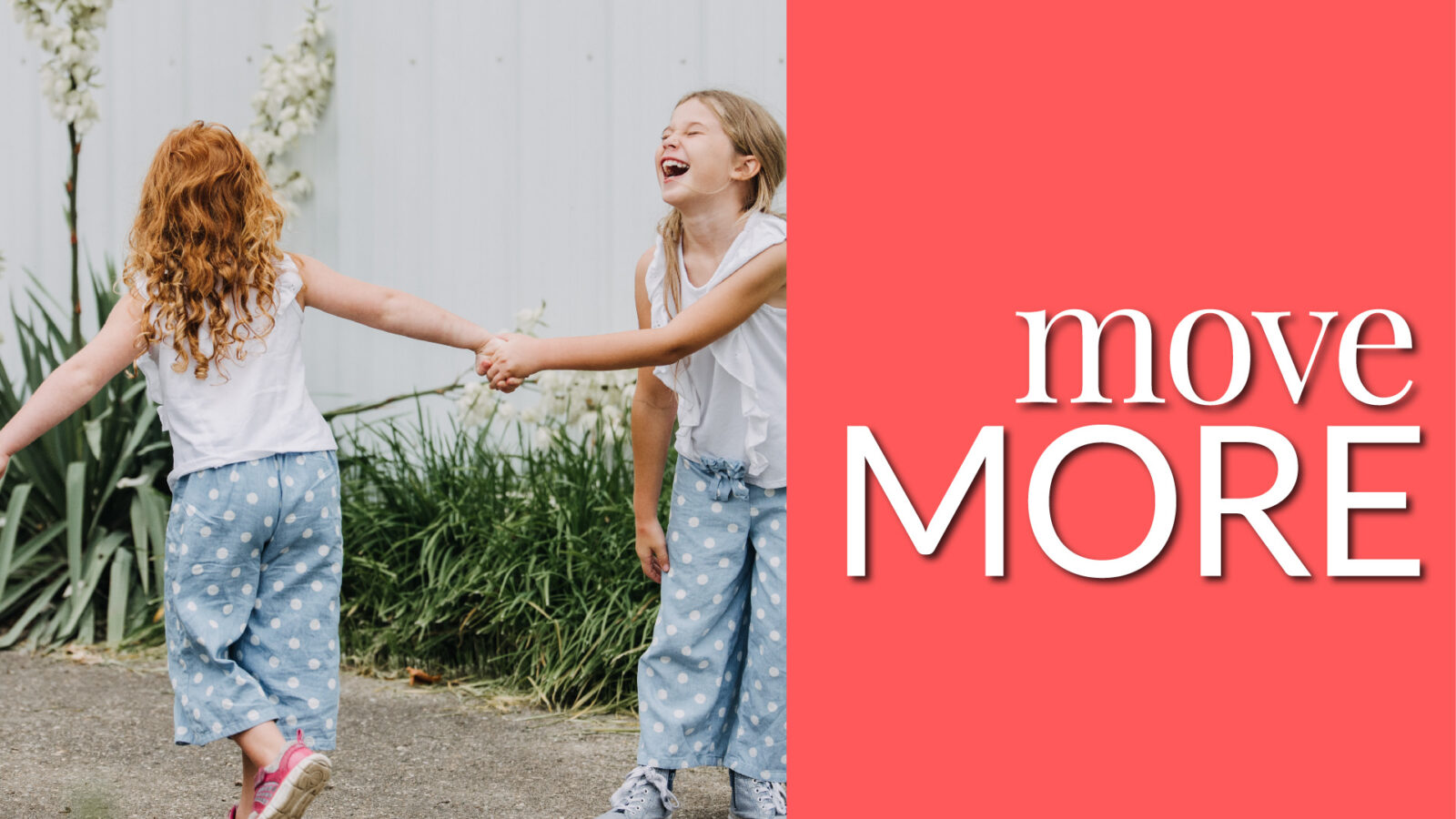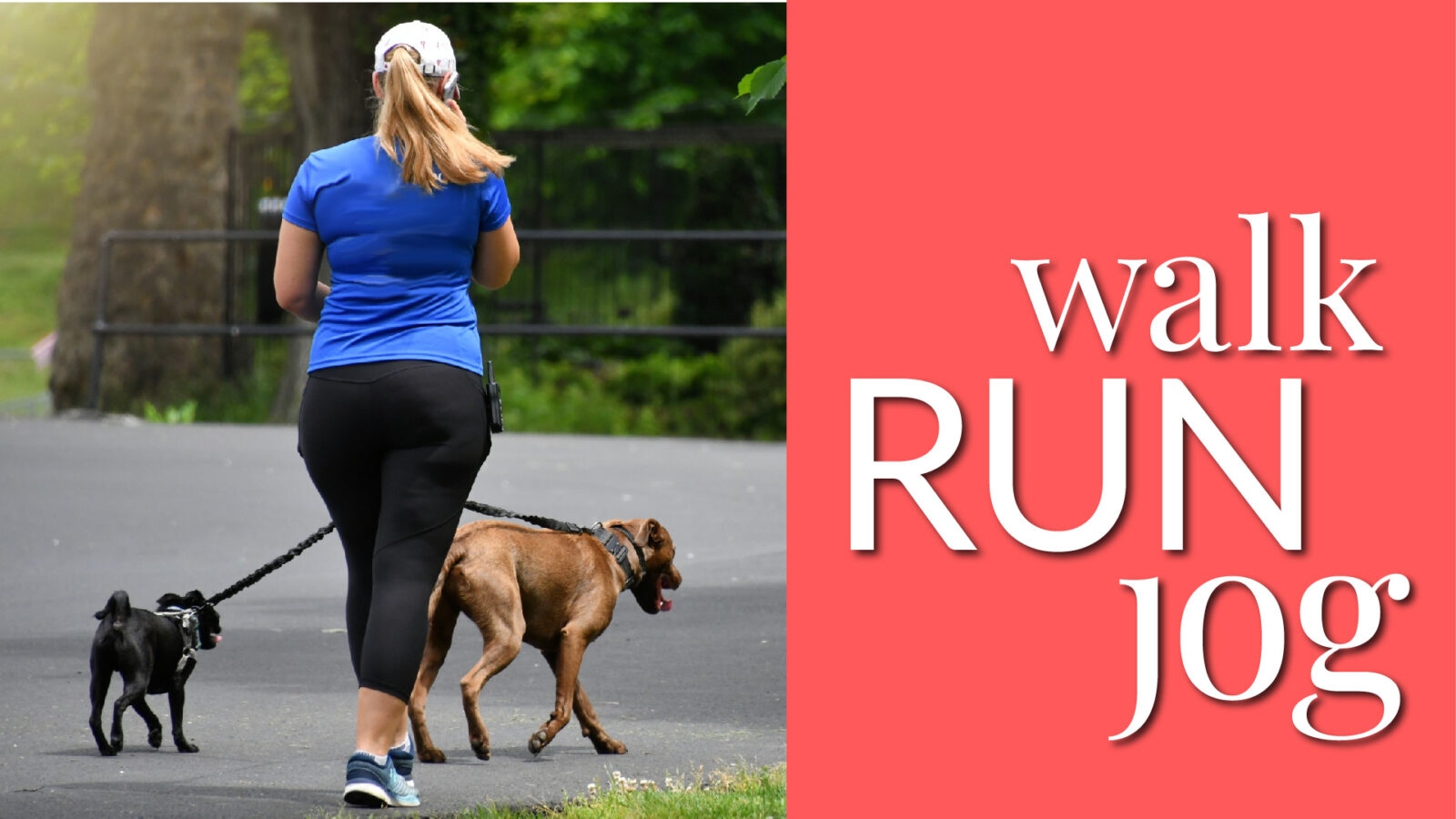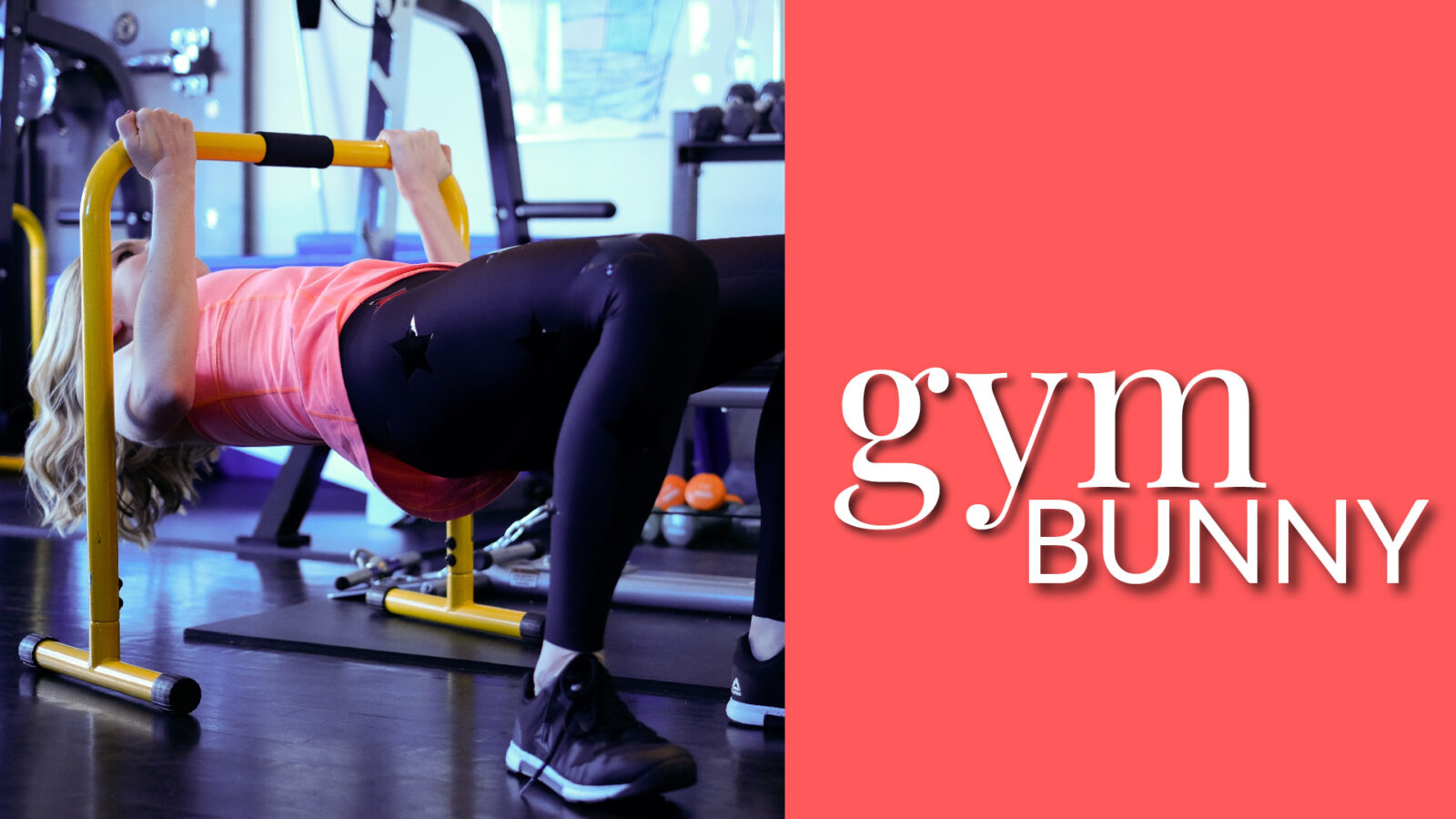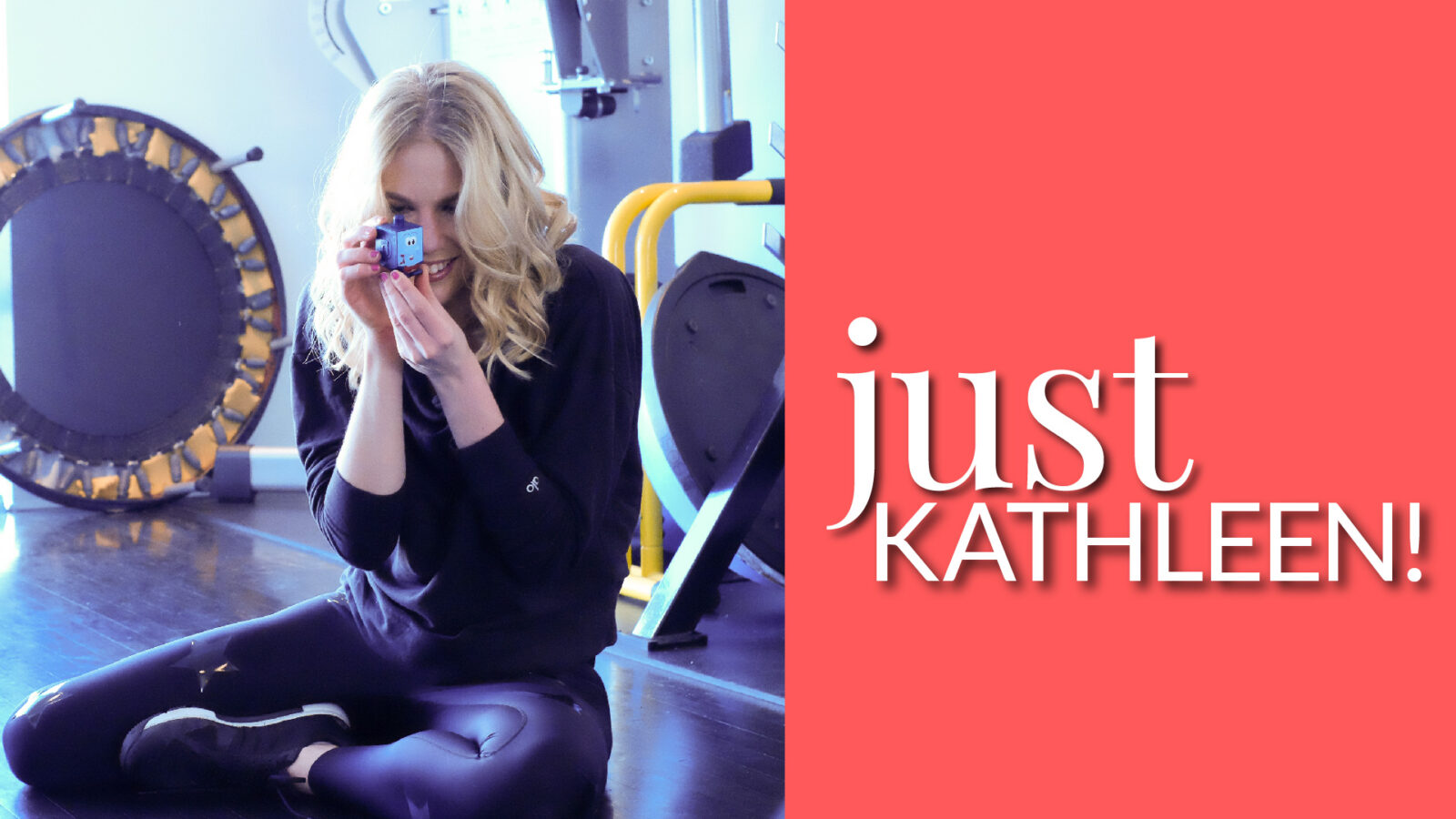5 Crucial Fitness Tips I Wish I’d Known When I Was Younger
Every year, I don’t run or bike for roughly a month. Transitioning back into in-season training initially seems impossible. I used to feel so frustrated and overwhelmed by how hard this transition was. Now I remind myself that after about two weeks of working out, sleeping, eating well, and getting regular massages, I will feel normal again.
I’m “only” 31, so it may be premature to already have a list to tell my younger self, but I have been a trainer for almost 12 years, and working out seriously for 16, so I feel I am entitled to at least a preliminary list. Since I don’t know anyone named Doc and I don’t have a flying Delorean to allow me to communicate directly with the younger Kathleen, I figure the next best thing is to share my insights with all of you.
Lesson one: don’t underestimate the importance of a balanced training regime!
This may sound obvious, but believe me, way too many people (especially women and endurance athletes) prioritize cardiovascular exercise (like running) over strength and mobility training. I speak from experience as it took me way too long to learn this lesson. I’m hopeful that I learned it early enough that future Kathleen doesn’t have to have a double hip replacement.
I was an awkward, chubby teenager with intensely low self-esteem. I started training at the YMCA at 15 and the experience changed my life. Initially, I didn’t know better so I spent hours on the stairmaster and elliptical and took all the step classes, spin classes and boot camp classes the gym had to offer. I took so many that I was asked me to be an instructor. That was the start of my fitness career
Gradually I taught fewer classes and started to train clients one-on-one. I learned the importance of strength training and replaced the elliptical with triathlon training. For years I did strength training, but I still prioritized my triathlon training overweights. It wasn’t until recently that I learned how to train for my triathlons while placing equal importance on my strength workouts (well, at least, I now attempt to balance the two).
Main take-away: endurance cardio is hard on the body. It can wreak havoc on your connective tissue, bones and immune system. It can also mess with your hormones. If you want to run and bike injury free for life, prioritize recovery and make sure your routine is balanced.
To add insult to injury, if your goal is to change your body’s shape and you are running (biking etc.) for hours, it is in vain. Strength training is absolutely essential to transforming the shape of your body.
Lesson Two: don’t underestimate the importance of recovery.
Exercise only helps your body get stronger when you give it adequate time to recover. I learned this the hard way. I shortchanged my recovery and felt run down and lethargic.
Main take-away: prioritize recovery. Training too intensely for too long can result in overuse injuries. Sleep, eat well, stretch and get a massage or ART.
Lesson three: don’t let the fear of failure keep you from trying!
For years I set unambitious racing goals and / or kept my goals to myself out of fear. I figured if I don’t tell anyone about my plan, no one would know if I failed. Unambitious goals meant I never reached my racing potential. Plus, when I did reach a goal, there was no one there to celebrate with.
Main take-away: as long as you try, there is no embarrassment in not achieving a goal. If you never strive for more, you have no chance of improving. When you don’t succeed, don’t get discouraged. Simply assess what went wrong, then get back on the “health and wellness horse” a more informed rider.
Lesson four: concentrate on forming healthy habits
Every year, I don’t run or bike for roughly a month. Transitioning back into in-season training initially seems impossible. I used to feel so frustrated and overwhelmed by how hard this transition was. Now I remind myself that after about two weeks of working out, sleeping, eating well, and getting regular massages, I will feel normal again.
Main take-away: Adopting a healthier lifestyle is a process. Give yourself time to adapt and expect an initial awkward phase. Gradually healthier habits will start to be your new norm. Don’t aim for “overnight health perfection”. Instead, aim to have more healthy habits next week than you did this week.
Lesson five.: Feeling successful is about setting REALISTIC goals
Respect your genetics, the realities of your life, your current fitness level and your age.
This may sound obvious, but in my experience, actually respecting yourself enough to establish realistic body expectations (and not ones based on TV land-inspired desires) is hard to do.
I hated being tall as a teenager. I spent years wanting to look like anybody but me. Those negative thoughts were such a waste. I should have been enjoying those years, not judging myself.
Don’t expect that exercise will give you Serena William’s body if you are 5 feet tall and 100 pounds soaking wet. I will never be a world-class marathon runner. I don’t have the genetics or the time to dedicate to the sport. If winning a marathon was my goal, I would constantly feel like a failure. I should, and do, have athletic goals, but I set my goals within realistic parameters. Training for a sub 4 hour marathon is realistic for me. Aiming for a sub 3 hour race, or to win an Olympic weightlifting competition, is not.
Main take-away: Adopting a healthier lifestyle should not just be about creating a certain aesthetic. Being active should help to strengthen your relationship with yourself and others! Exercise should make you feel better about yourself, not worse. Part of feeling better is accepting yourself for who you are.
Originally published at HUFFPOST

